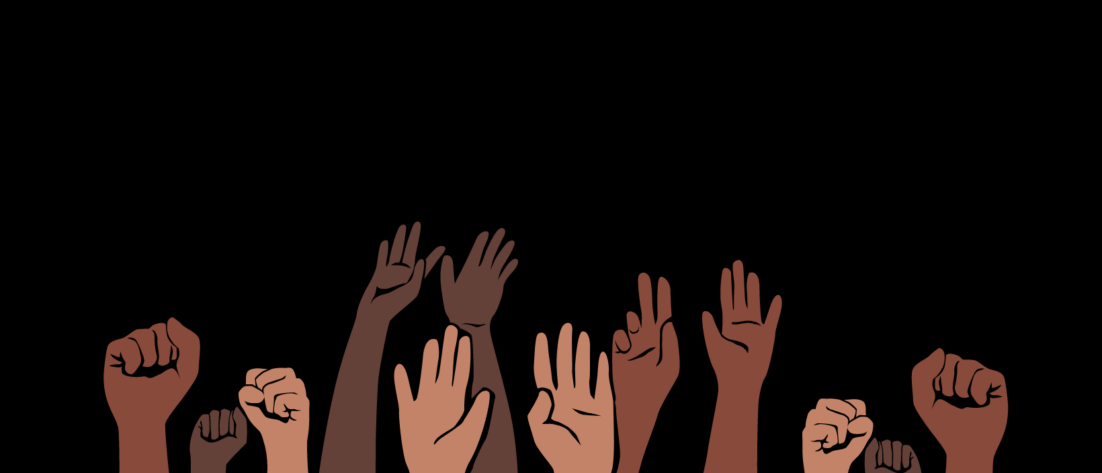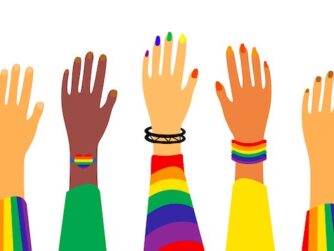February is Black History Month and it serves as not just a period of reflection on the past, but also a time to contemplate its significance in the present and future. This month, we asked our staffers what Black History Month signifies to them personally, as well as their aspirations for the future.
Reporting and research producer Ky Duffey, said he thinks it’s important to highlight that 2024 marks the 70th anniversary of Brown v. Board of Education, a landmark case that shattered the barriers of racial segregation in public schools.
“The legacy of Brown v. Board resonates deeply across my entire educational experience — from attending elementary school and making lifelong friends from all walks of life to writing this reflection as a student at one of the nation’s top universities,” said Duffey. “These elements and more are a testament to the impact Brown v. Board has had on my life and how important it is for every student striving to dream beyond race or color. It serves as an enduring reminder of the responsibility I have, both as a student and an individual, to exemplify the spirit and commitment of the pioneers who fought and the people who continue to fight in the ongoing struggle for equality.”
Campbell Williams, host “Remembering Professor Barbara Jordan” with the Lyndon B. Johnson School of Public Affairs, said the effort to amplify Black voices should be year-round.
“Black History Month is a time to acknowledge the stories, work, livelihoods, and merit of Black Americans happening all year long. I always appreciate new Black storytellers being highlighted this month to give my support outside of February,” said Willaims
Mahlah Freeman, host of “What It’s Like”, shared the same sentiment. She said she advocates for celebration and recognition beyond February. Freeman said there is a need for accountability and equity across various fields, particularly in spaces like podcasting, where Black voices continue to strive for visibility and representation.
“A long-standing tradition is that we celebrate blackness in America during Black History Month. But I believe that Black History should be celebrated year-round. Subjecting the celebration of Black People for a month limits the accountability that our nation shares… We shouldn’t have to overcome hurdles to make history in the 2000s,” said Freeman. “I hope Black people (or any other person) won’t have to jump through tireless hoops to achieve greatness or make history in the podcasting realm.”
As we navigate the complexities of our society, the reflections shared by my team members serve as reminders of the ongoing struggle for racial justice and the importance for collective action. Black History Month, beyond its commemorative significance, serves as a call to action — a call for continuous recognition, accountability, and equity.









